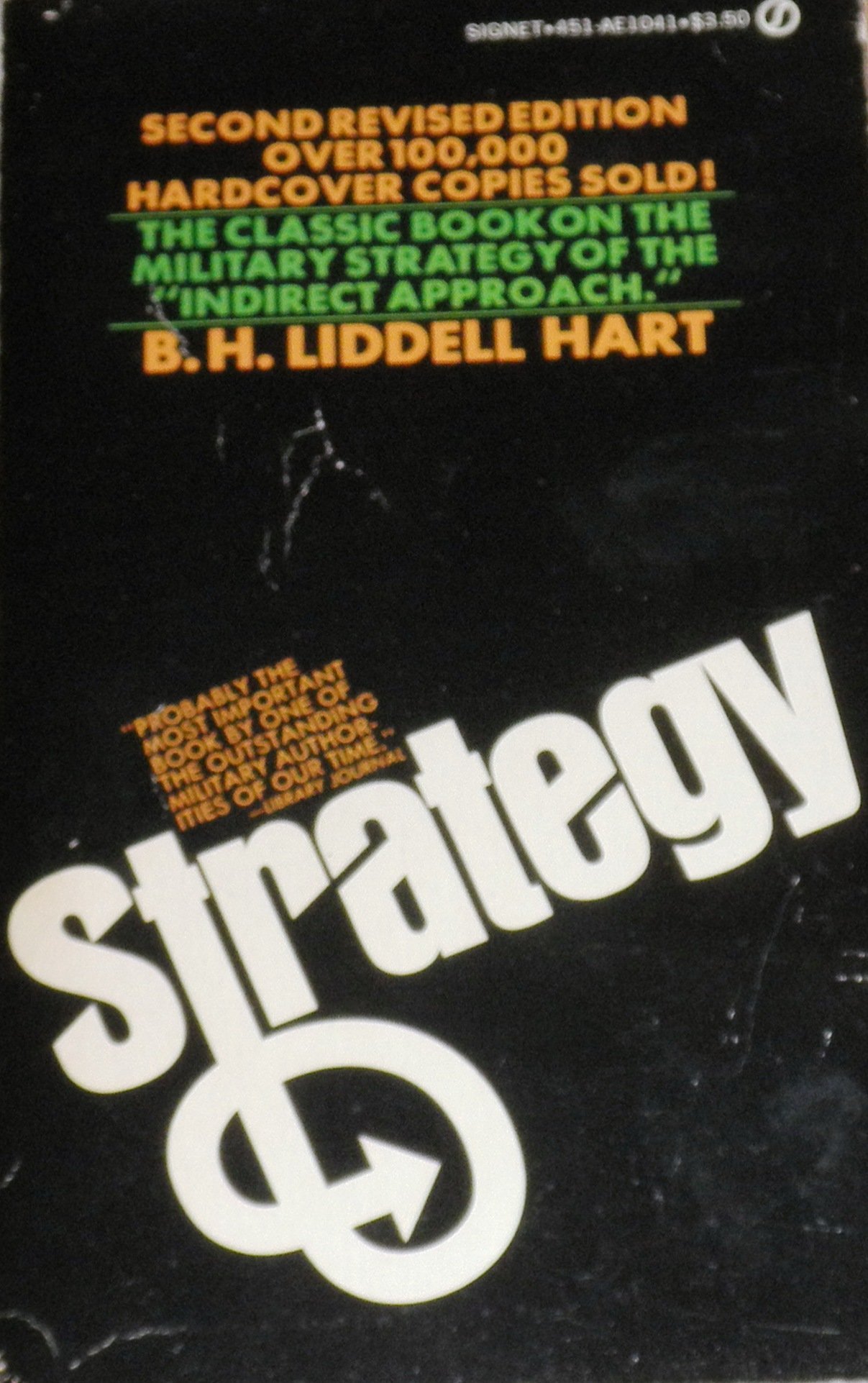
The 33 Strategies of War
Book Description
Victory is not merely won on the battlefield; it is a psychological game played in the minds of opponents and allies alike. In 'The 33 Strategies of War,' Robert Greene unveils powerful tactics that have shaped the world’s greatest conflicts and triumphs. Each strategy, steeped in history and forged through bloodshed, offers profound insights into the art of strategy, deception, and power dynamics. From guerrilla warfare to psychological ploys, every lesson echoes through time, igniting ambition and cunning within. What will you sacrifice to emerge victorious in your own battles?
Quick Book Summary
"The 33 Strategies of War" by Robert Greene is a comprehensive guide to understanding the strategic principles that have shaped history’s greatest conflicts and victories. Drawing from military history, psychology, philosophy, and business, Greene presents 33 battle-tested strategies that can be applied beyond warfare to everyday life and work. With vivid examples from global leaders, generals, and statesmen, the book uncovers the underlying motives and psychological warfare present in competition. It explores both offensive and defensive tactics—including deception, counterattack, and unity—that are crucial in gaining an upper hand. Whether navigating office politics, business rivalries, or personal challenges, Greene offers readers a tactical blueprint for outmaneuvering adversaries, building alliances, and pursuing decisive victories with intelligence and subtlety.
Summary of Key Ideas
Table of Contents
Utilizing Psychological Warfare and Deception
Robert Greene introduces the concept that war is not only a physical but a psychological conflict, setting the stage for a tactical approach applicable to all walks of life. By framing daily challenges as battles, Greene encourages readers to adopt a strategic mindset. Through historical anecdotes—from Sun Tzu to Napoleon to modern business leaders—he illustrates how mental preparation and the psychological manipulation of opponents are cornerstones of victory. The book emphasizes the importance of self-awareness to avoid emotional pitfalls that lead to strategic blunders.
Forging and Maintaining Strategic Alliances
Deception and psychological maneuvering are highlighted as critical factors in gaining the upper hand. Greene demonstrates how feints, misinformation, and misdirection can unsettle and exhaust competitors before a direct confrontation occurs. He urges readers to mask intentions, exploit enemy weaknesses, and turn opponents’ expectations against them. By controlling the mental narrative and sowing confusion, an individual can secure advantages without engaging in open hostilities, minimizing risk and maximizing leverage.
Mastering Defensive and Offensive Maneuvers
The importance of alliances, morale, and unity is underscored throughout Greene’s work. He advocates for forging partnerships—both formal and subtle—to consolidate power and increase one’s influence. Maintaining internal cohesion, inspiring loyalty, and managing the dynamics of teams are essential for executing complex strategies. Greene draws upon historical coalitions and business mergers as examples where unity was leveraged for mutual benefit, warning of the dangers of disunity and unchecked rivalry within ranks.
Turning Crisis into Opportunity
Greene addresses the significance of adapting to rapidly changing circumstances, showing how the best strategists anticipate shifts and turn crises into opportunities. By remaining fluid and open to unconventional tactics—including guerrilla warfare or sudden shifts in position—leaders are able to disrupt opponents and seize momentum. He illustrates how flexibility prevents stagnation and enables decisive action when fortune creates a fleeting opening or when setbacks threaten progress.
Developing Strategic Flexibility and Adaptability
The final takeaways revolve around consistently refining one’s strategic toolkit. Greene emphasizes learning from both victories and defeats, developing personal discipline, and avoiding complacency. He concludes that the true master of strategy is relentlessly self-critical and proactive, able to shift between offensive and defensive postures as needed. By internalizing the book’s lessons, readers can become shrewder competitors, resilient to external pressures, and more likely to achieve success in their own arenas, whether in business, relationships, or personal life.
Download This Summary
Get a free PDF of this summary instantly — no email required.





